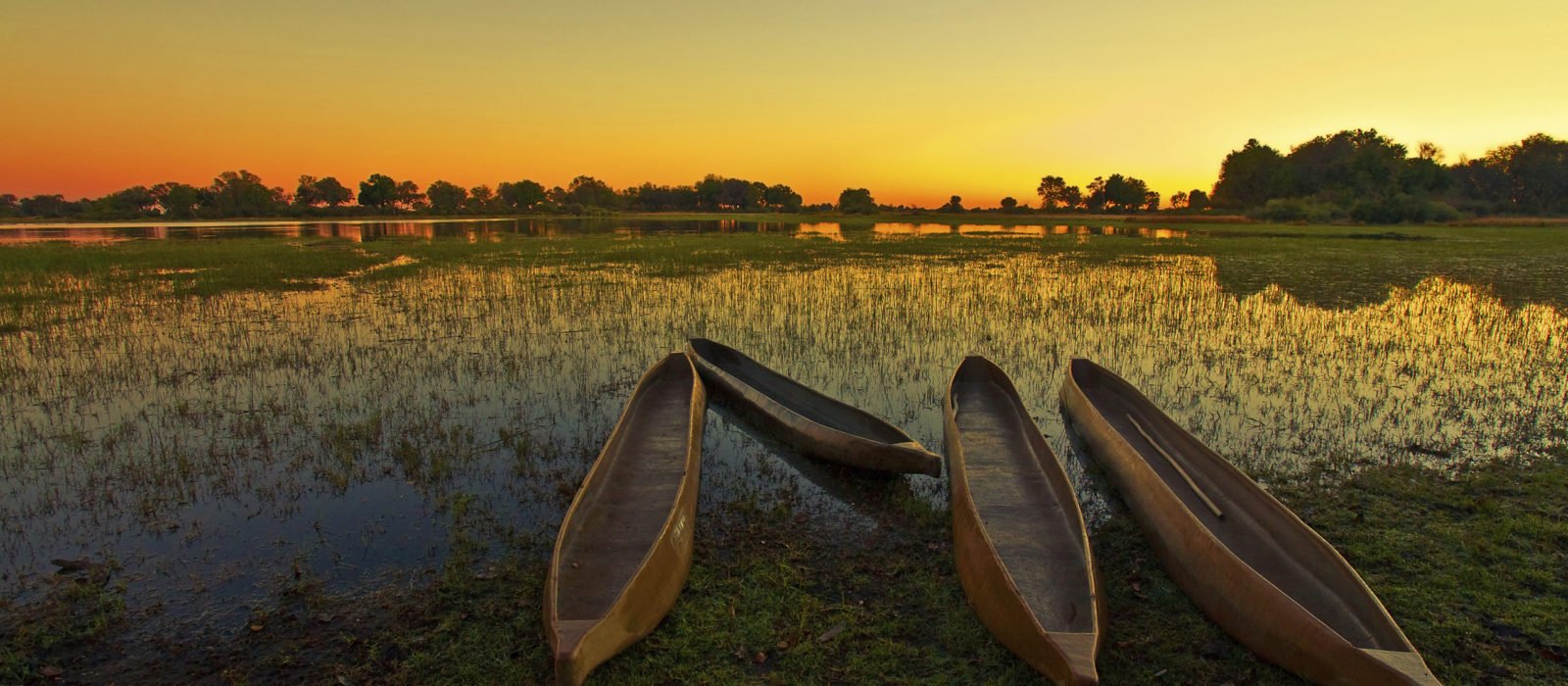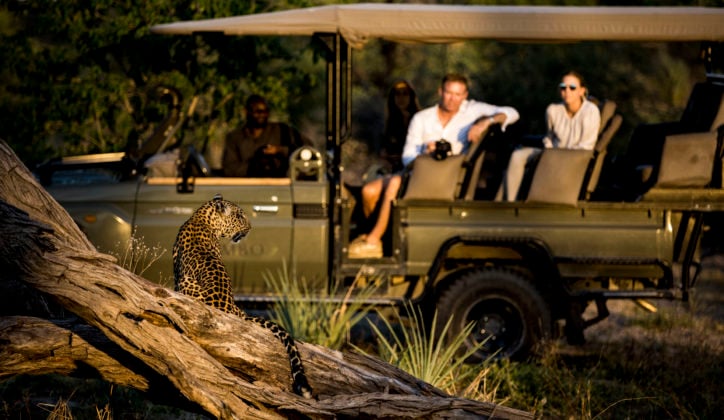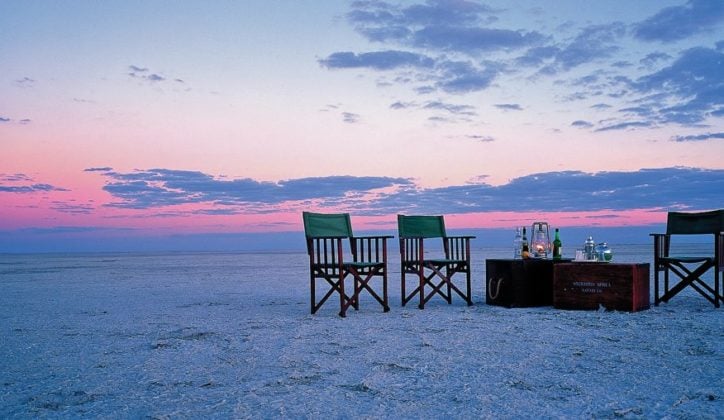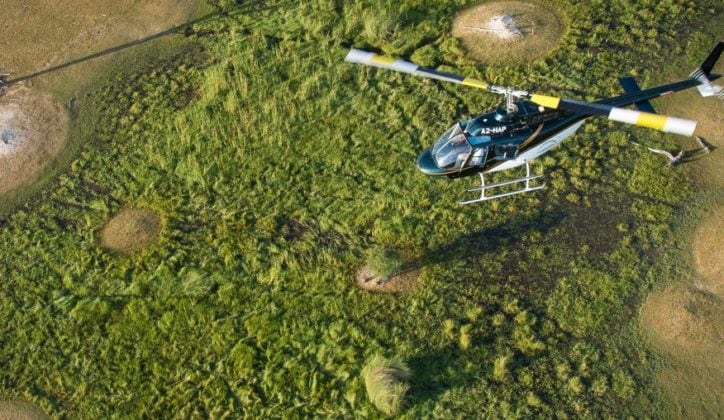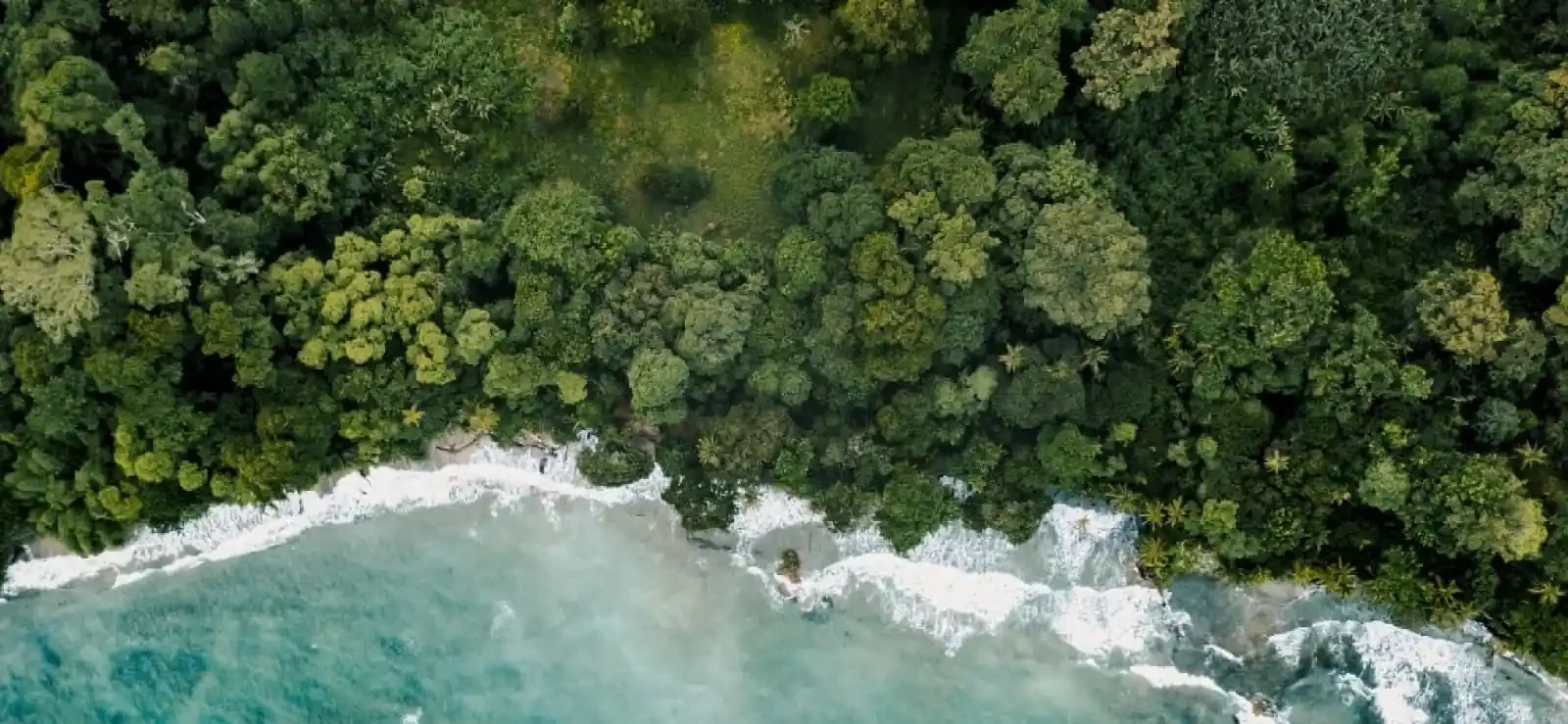Published on: January 5th, 2018
Last updated: July 27th, 2023
With almost a third of its land officially protected and wildlife largely free to roam, Botswana is a country dedicated to preserving its wild spaces. Of course, sustainable tourism – combining environmental protection with social development and economic growth – plays a key part in realising this mission.
The Botswanan government intentionally limits the number of visitors they welcome in order to prevent over tourism. Not only does this mean you can travel with your conscience intact, you'll also be granted a unique safari experience in some of the world's most pristine conditions without the crowds. Added to that, the Botswana Tourism Organisation holds lodges and camps to high standards, some of which include minimising the negative social, cultural and environmental impact of tourism; involving and benefitting local communities; educating visitors about conservation and helping to raise funds to further conservation efforts.
Together with the UN, various partners in Botswana are also focusing on 17 interconnected Sustainable Development Goals. These goals have been designed to tackle some of the major challenges that the people of Botswana face. They encourage collaboration, working to improve the quality of life for communities and supporting equitable and sustainable development.
Many of the most sustainable lodges have been designed and built to be deconstructable within 24 hours – leaving no trace if and when they are (that means no concrete, mortar or bricks allowed), in order to have as little impact on the environment as possible.
The Best Sustainable Camps and Lodges in Botswana
All of the above efforts to prevent over tourism, protect wildlife and the environment and support local communities have paved the way for true ingenuity in lodge management and design, as these Jacada favourites are testament to…
1. Wilderness Mombo Camp, Okavango Delta
One of the most highly commended eco-camps in Africa, Wilderness Mombo Camp uses 100% solar energy, is built with natural materials, and the camp provides local community support, too. As a part of Wilderness Safaris, Mombo and Little Mombo have a responsible and sustainable model of business. They aim to change people’s perspectives on the planet, and inspire those exposed to it to effect positive change in their own lives and own spheres of influence.
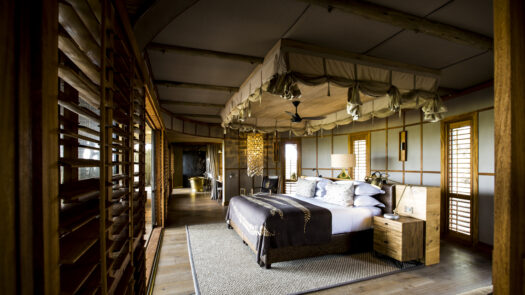
2. Zarafa, Selinda
Zarafa is a very special lodge. It is made from wood left in the wake of the 2004 tsunami in South East Asia, and everything in the lodge is fuelled by solar power. The vehicles operate on a mixture of vegetable oil and diesel (85% and 15% respectively), and drinking water is treated in a UV filtration system, thus eliminating the need for plastic bottles.
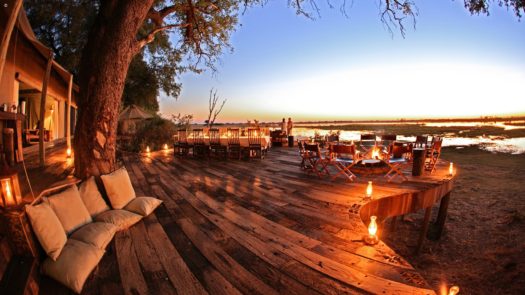
3. Jao Camp, Okavango Delta
The team at Jao Camp is committed to conserving the unique ecosystem of the Okavango Delta and all the creatures that call it home. Since 2012 they have worked to reduce the use of bottled water by providing reusable bottles and an on-site purification system for drinking water. As a result, they have cut their use of plastic bottles by 75%. The camp is also completely solar-powered and wastewater is treated and cleaned before being allowed to enter the natural environment.
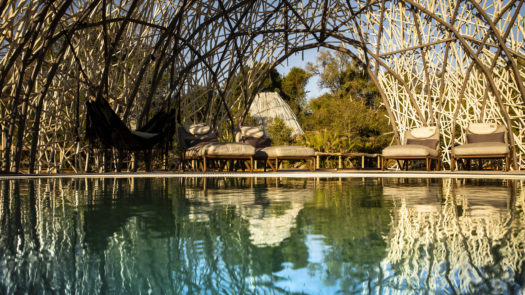
4. Jack's Camp, Makgadikgadi Pans
On the barren Makgadikgadi Pans, Jack’s Camp is a wonderful eco-lodge, involved in the long-term removal of damaging cattle and goats from the Kalahari, an extremely delicate environment. The camp also creates employment opportunities for locals, and operates as a research base for animals like brown hyenas and meerkats, alongside subjects like climate change and the study of the paleontological value of the Makgadikgadi Pans.
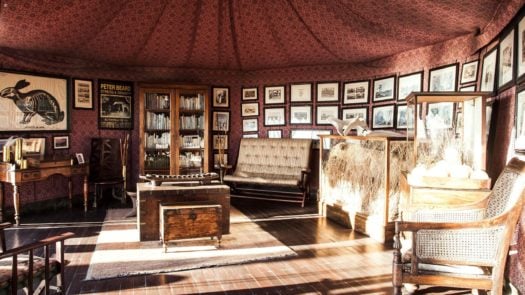
5. San Camp, Makgadikgadi Pans
Walking with the local bush men, the San trackers, is a fabulous experience offered by Jack’s and its sister eco-camp San Camp, which is run almost entirely on solar energy.
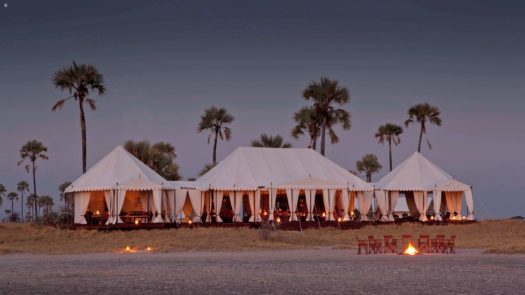
6. Chief’s Camp, Okavango Delta
Chief’s Camp is designed so that the entire camp could be packed up without leaving a trace. The rubbish is taken out of the park for responsible destruction, and they have filtered water and recyclable water bottles.
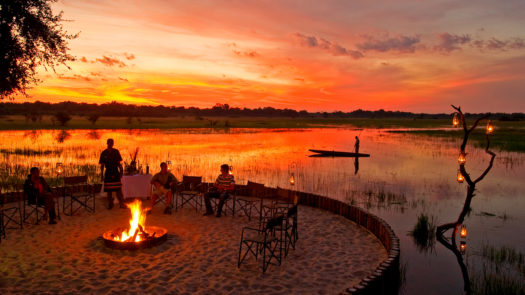
Some of our favourite eco-trips to Botswana...
Whatever you want from your perfect eco-vacation to Botswana, our team of expert travel designers are ready to help.
